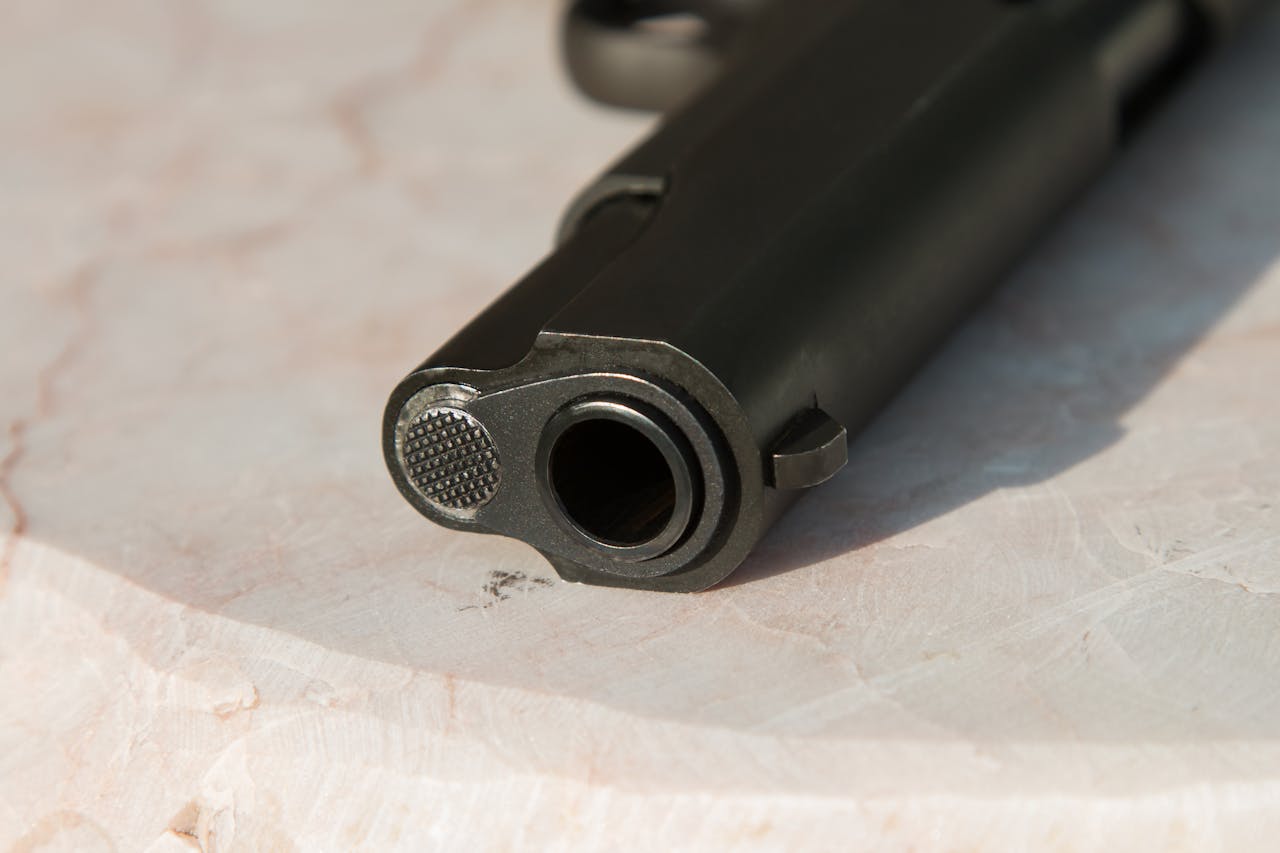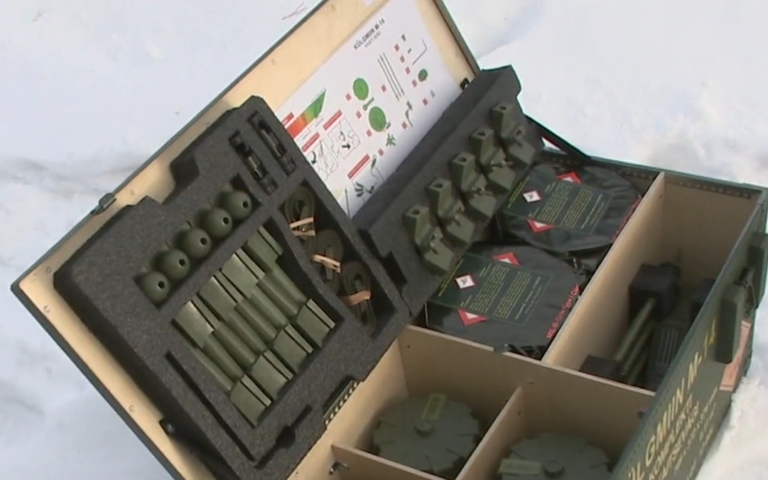As of March 15, weapons permits issued to citizens of non-EU and non-NATO countries were declared invalid in Estonia.
Those gun owners who had not managed to transfer their guns within a year of the law coming into force had to deposit the guns with the Police and Border Guard Board (PPA) by Friday. This foremost concerned gun owners with citizenship of the Russian Federation and Belarus.
Commenting on the expiration of the weapons permits, Interior Minister Lauri Laanemets said that, above all, this decision was directly due to considerations of ensuring internal security and public order.
“Russia’s full-scale aggression against Ukraine continues for the third year, but here in our region we also constantly see how the eastern neighbor tries to undermine the sense of security in its neighboring countries and divide society with various hybrid techniques,” the minister said.
“In this situation, unfortunately, we cannot ignore the risk scenario where people living here with gun permits would have a duty of loyalty due to their citizenship, which works against the security, internal security and law and order of our country. This made it necessary to revoke the weapons permits of third-country nationals,” Laanemets added.
Gun permits for persons with unspecified citizenship are valid for the term specified on the permit and cannot be extended.
According to the minister, gun owners who have currently deposited their guns with the police have the opportunity to transfer them themselves within a year.
“At that, I would like to refute the urban legends heard on social media as if they could sell their weapons to anyone or even secretly. Of course not — the point of depositing the weapons with the police is that the PPA can validate the new purchase and give the necessary permission for the transaction. Only if there is a PPA permit is it possible to sell a weapon to a person who has the necessary permit for this acquisition — whether it is a private person, a gun dealer or even a commission sale,” Laanemets said.
He added that the PPA performs a very thorough background check when issuing and renewing gun permits.
“Incidentally, this also results in large costs for the state associated with this procedure, which is one of the reasons why we have proposed, among other things, a significant increase in state fees related to weapon permits,” the minister said.
Nevertheless, according to Laanemets, a comprehensive procedure guarantees that gun permits are issued to responsible and law-abiding people with a verified background.
“A comprehensive gun licensing process has clearly been effective, as evidenced by the fact that the current process of terminating gun licenses and collecting weapons has gone painlessly. There were no problems with the transfer of weapons or their deposit with the police, and as of today, all the gun owners in question were able to deposit their weapons with the police. Therefore, these are reasonable, responsible and law-abiding people,” the minister said.
The amendments to the Weapons Act adopted by the Riigikogu entered into force on March 15 last year. The law amendment affected about 1,300 people, approximately half of whom are citizens of the Russian Federation.
Source: BNS
(Reproduction of BNS information in mass media and other websites without written consent of BNS is prohibited.)


















